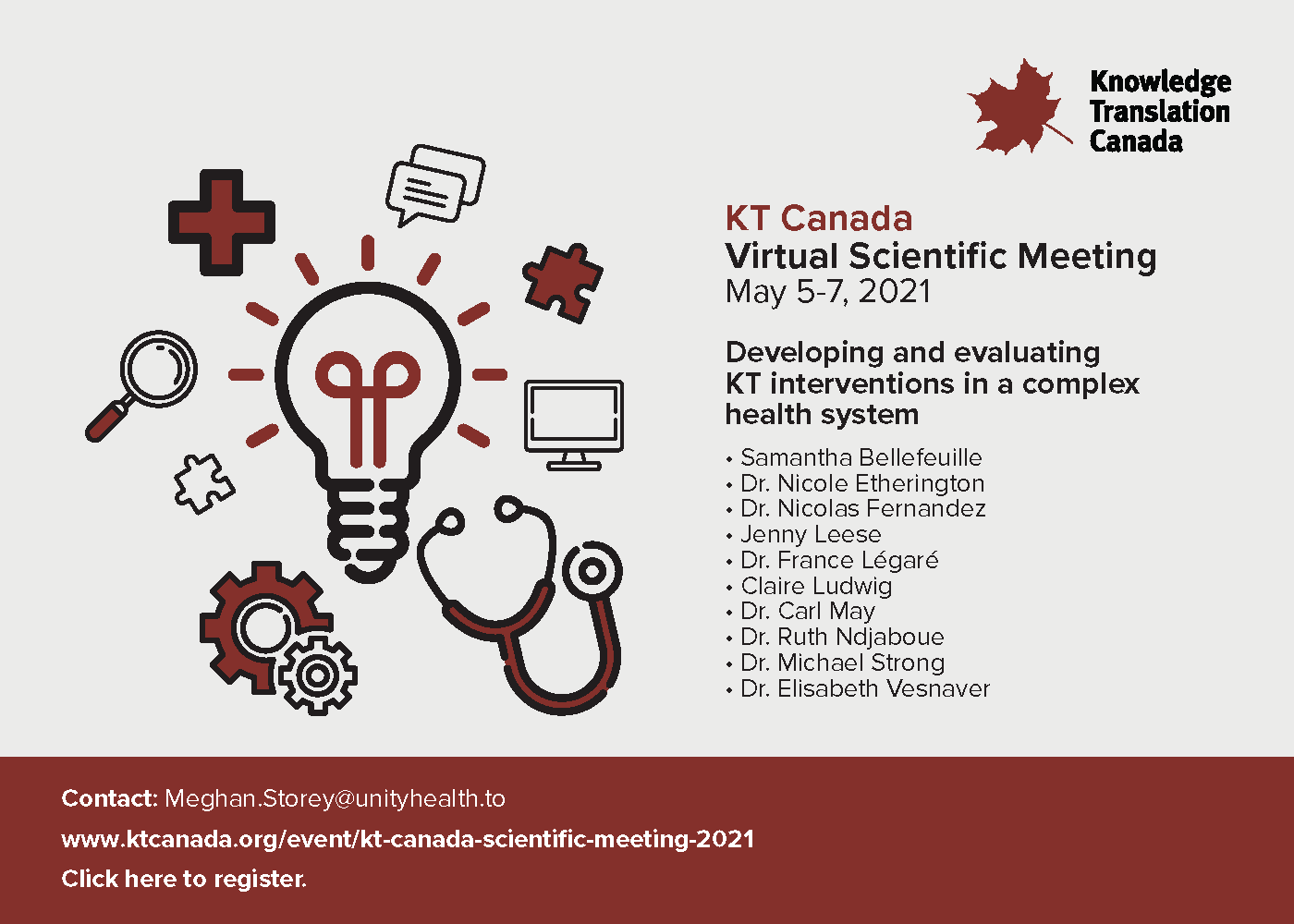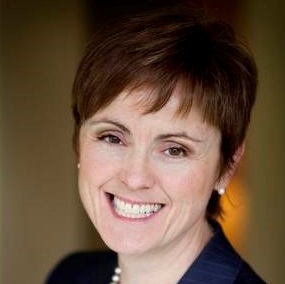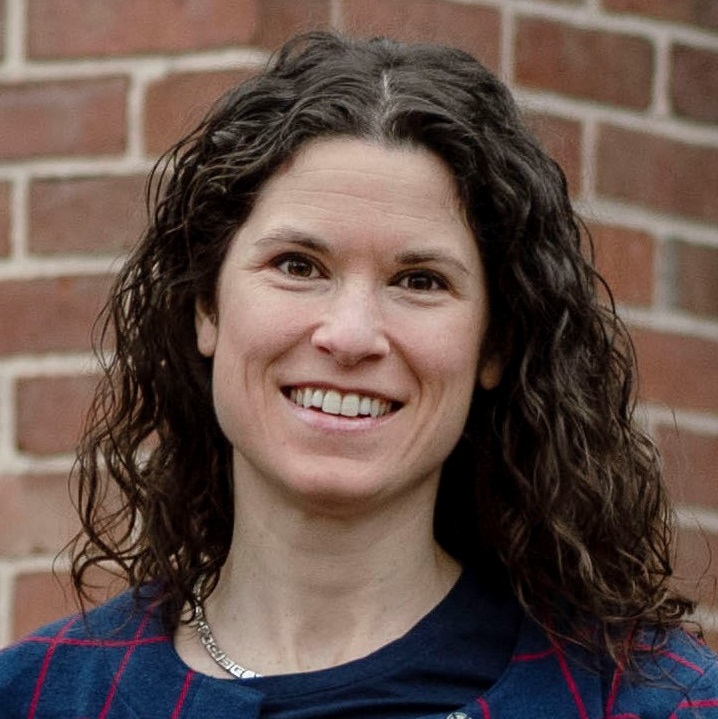
- This event has passed.
KT Canada Scientific Meeting 2021


The 2021 KT Canada Annual Scientific Meeting is being held on May 5th-7th in a virtual format.
The theme is ‘Developing and evaluating KT interventions in a complex health system’.
Please note that we are not accepting new abstracts for the 2021 Scientific Meeting.
Registrants of the KT Canada virtual Scientific Meeting have the opportunity to request a one-on-one, 20-minute meeting (call or zoom) with a KT expert to discuss a specific question or topic related to their work and research.
Spaces are limited and we will do our best to set up a meeting for you with the expert of your choice (although we cannot guarantee it).
The online request form will be shared with registrants on Monday, April 19th at 12:00pm EST. It is beneficial to complete your request form sooner than later in order improve your chance of meeting with your top choice. The request form will be closed at 11:59pm EST on April 27th.
We will be posting additional information as it becomes available. For questions please contact Meghan.Storey@UnityHealth.to.
In 2019, Samantha completed the Family Engagement in Research Certificate at McMaster University and ever since has been involved in research as a family partner. During the course, she completed infographics, presentations, research projects and more. Samantha was asked to join the SIBYAC group (Sibling Youth Advisory Council), where she attended conferences, spoke on panels, helped with research and learned a lot more about the research perspective while sharing her perspective as a Sibling/Family Partner from her experiences with her brother. Her younger brother, who is seventeen, has a rare form of epilepsy called CDKL5. Being a large part of his caregiving as well as attending multiple appointments gave her a lot of insight into a new side of pediatric care and especially the transition from pediatrics to adult healthcare. In 2020, Samantha joined the CHEO Partner in Research program where she helps out as a Family Leader providing feedback on a variety of research projects. In September 2020, she joined the CAMI Chatbot project from the University of Alberta where she had to research valuable resources in her area to be used within the Chatbot Project.
Nicole Etherington is a Senior Research Associate in the Clinical Epidemiology Program at the Ottawa Hospital Research Institute (OHRI). Dr. Etherington completed her PhD in sociology at the University of Western Ontario in 2016, with a focus on gender and health. Dr. Etherington’s current research applies a social lens to clinical practice issues, focusing primarily on the multi-level factors shaping teamwork, provider occupational well-being, and patient outcomes in acute care.
Nicolas Fernandez is Associate Professor at the Faculty of Medicine at the Université de Montreal. Recipient of a transplanted kidney in 2008, Nicolas learned to manage his dialysis treatments, both peritoneal and hemodialysis, over a period of eight years. This life transforming experience, combined with his academic career in educational research and teaching, allowed Nicolas to develop unique insights into self-management of chronic illness. His doctoral thesis was completed in large part during treatment sessions in the dialysis unit of his local hospital. Nicolas contributes regularly to initiatives aimed at integrating patient perspective into training of health professionals, health research and Quality Improvement in clinical settings.
Jenny Leese is a PhD candidate in Rehabilitation Sciences at the University of British Columbia and a research trainee at Arthritis Research Canada. Her qualitative research in patient-oriented knowledge translation uses an ethics lens to develop e-health interventions with persons living with arthritis. Her work is supported by a Canadian Institutes for Research Doctoral Research Award.
First trained as an architect, France Légaré practices family medicine in Quebec since 1990 and is a full professor in the Family Medicine and Emergency Medicine Department at Université Laval, Quebec. She is an internationally recognized leader in Shared Decision-Making (SDM) and Knowledge Translation research. In 2005, she obtained her PhD in Population Health from the University of Ottawa under the supervision of Dr. Annette O’Connor. The same year, she was awarded a grant as a clinical investigator by the Fonds de la recherche en santé du Québec (FRSQ) for her research program entitled “Health professionals in primary care: From knowledge brokers to decision brokers.” From June 2006 to May 2016, Dr. Légaré held the title of Tier 2 Canada Research Chair in Shared Decision Making and Knowledge Translation. As of June 1st 2016, she holds the title of Tier 1 Canada Research Chair in Shared Decision Making and Knowledge Translation. She was also the Canadian Cochrane Network Site representative at Université Laval (the CHU de Québec Research Centre) from 1999 to 2013 and, from 2013-15, its inaugural scientific director. She now acts as its scientific co-director. Dre Légaré is nominated PI/co-PI on 35 grants (˃$16 M) and Co-I on 53 (˃$49 M) for a total of ˃$65 M in the past 7 years. She has published more than 350 papers with 327 PubMed indexed; her H index is 67 and she has ˃22 500 citations (Google Scholar). In both 2017 and2018, she was listed as one of the top 1% most cited scientists (Clarivate Analytics https://hcr.clarivate.com/) indicating that her work has been repeatedly judged by her peers to be of notable significance and utility. Her research program aims at implementing shared decision making in clinical practices with a focus on home care.
Claire Ludwig is a PhD candidate at the School of Nursing, University of Ottawa. Her doctoral work is focused on patient engagement in research, specifically engaging frail and/or seriously ill patients as knowledge users. Her other research interests examine how patients and nurses negotiate the process of triage and self-management in cancer symptom management. Claire is a senior health care leader involved in the development, implementation and evaluation of large-scale programs aimed at improving patient and caregiver outcomes. Claire is also a patient with a cancer, currently in remission. She has served as a knowledge user on research projects as a healthcare administrator and as a patient advisor in the acute treatment and maintenance phases of her illness.
Carl May is Professor of Medical Sociology at the London School of Hygiene and Tropical Medicine. Carl’s research focuses on developing a richer understanding of the development and implementation of innovative healthcare technologies and other complex healthcare interventions. His contributions to this field include ethnographic and other qualitative studies of professional practice and health technologies in use, along with leadership of the development of Normalization Process Theory and Burden of Treatment Theory. These models are widely used to help understand the implementation of new technologies and ways of working in healthcare, and their impacts on patients, caregivers and professionals.
Ruth Ndjaboue completed her Masters in Psychology (2006, Cameroon) and Public health (2007, Belgium) and a PhD in Epidemiology (2016, Université Laval). She is currently completing a postdoctoral fellowship in Knowledge Translation (2017-present, Université Laval and University of Toronto), funded by Diabetes Action Canada and the International Society of Medical Decision Making. Her work has contributed to knowledge advancement of the psychosocial factors, chronic diseases, medical education, gender and social inequalities. Her interdisciplinary methodological expertise includes quantitative and qualitative methods and human-computer interaction. She focuses on developing innovative strategies to facilitate patient engagement and the use of information technology in healthcare research and education.
Dr. Michael Strong
Michael J. Strong became the President of the Canadian Institutes of Health Research in October, 2018. Prior to this, he served as the Dean of the Schulich School of Medicine & Dentistry at Western University where he continues to hold an appointment as a Distinguished University Professor and a Scientist at the Robarts Research Institute. He undertook his medical training at Queens University in Kingston (1976 – 1982), neurology training at Western University (1982 – 1987), and postgraduate training at the Laboratory of Central Nervous System Studies (director – D. Carleton Gadjusek, Nobel Laureate) at the National Institutes of Health, Bethesda, Maryland under the supervision of Ralph M. Garruto, PhD (1987 – 1990). He has published over 195 peer-reviewed articles and 29 chapters, edited 4 textbooks and given over 170 invited lectures nationally and internationally related to his research in ALS. Dr. Strong was awarded the Sheila Essay Award in 2005 and the Forbes Norris Award in 2008, and is the only Canadian to have received both international awards for ALS research. He was elected as a fellow of the American Academy of Neurology in 2008. In 2009, he was elected a Fellow of the Canadian Academy of Health Sciences. His research has focused on understanding the cellular biology of ALS (Lou Gehrig’s disease) including the role of altered RNA metabolism in the genesis of neuronal cytoplasmic inclusions and in the clinicopathological correlates of the frontotemporal spectrum disorder that can be associated with ALS. The latter has led to an appreciation for the role of alterations in tau protein metabolism in ALS.
Elisabeth Vesnaver is a Postdoctoral Fellow in the School of Epidemiology and Public Health at the University of Ottawa. She is a social scientist interested in social determinants of health and health-related behaviour. She completed a PhD in Family Relations and Applied Human Nutrition at the University of Guelph with a focus on gender, age, and food-related behaviours. Her current work focuses on using participatory research approaches to develop interventions to support plasma donation behaviour among men who have sex with men in a context of ongoing exclusionary policies.
Registration is now open for the KT Canada Virtual Scientific Meeting.
You may register here.
The deadline to register is May 1st, 2021.
Fees
Regular: $210
Students & Fellows: $55
Patients and Caregivers: Please contact Meghan directly: Meghan.Storey@unityhealth.to
To download the agenda for the 2021 KT Canada Scientific Meeting, click here.
Please click here to view and download the program at a glance.









